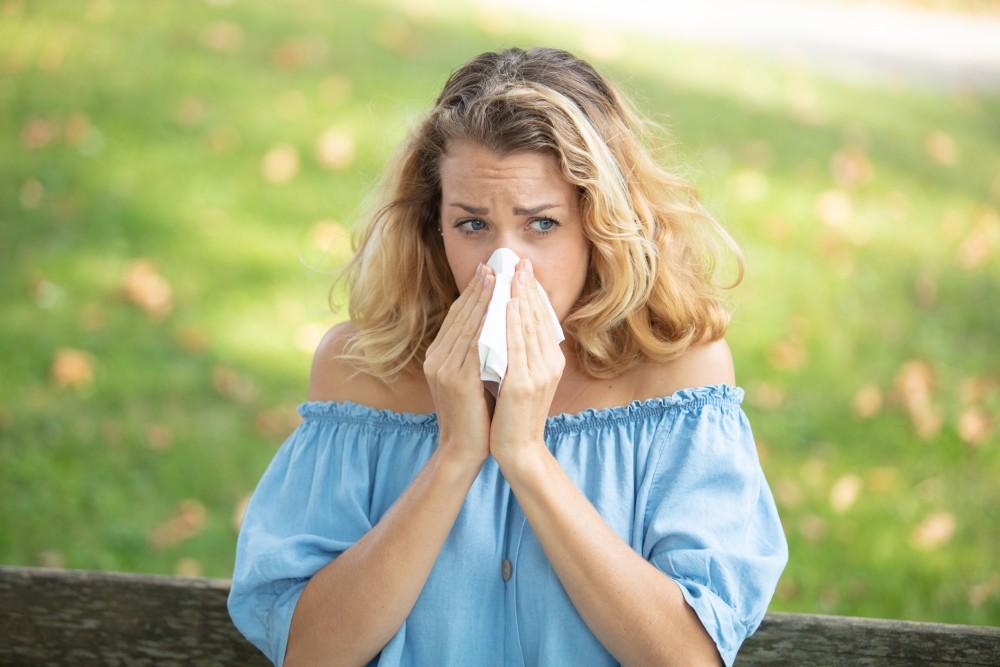
What Every Parent Should Know About RSV

You're familiar with the common cold, COVID-19, and the flu, but respiratory syncytial virus (RSV) may not be on your radar. If you’re the parent of a young child, RSV is something you should know about.
While anyone can get RSV, younger children are at greater risk of developing serious symptoms that may require hospitalization.
Our team at Respacare in Bridgewater, New Jersey, has extensive experience managing RSV in children. Here, we want to explain why this virus deserves every parent’s attention and how you can protect your child.
What is RSV?
RSV is a highly contagious upper respiratory infection that causes cold-like symptoms. The virus spreads through droplets released into the air when someone with the infection coughs or sneezes. You can become sick by breathing in the droplets or touching contaminated surfaces and then touching your eyes, nose, or mouth.
Notably, the virus can survive on surfaces, allowing it to spread rapidly in shared spaces like homes and offices. Frequent handwashing is an effective way to reduce the risk of infection.
RSV infections can occur year-round but are more common during the winter months. It affects people of all ages but poses a higher risk of severe symptoms in children 5 or younger and older adults.
RSV symptoms
For most people, including children, RSV causes mild cold-like symptoms that resolve on their own within a week or two. Common symptoms include:
- Coughing
- Runny nose
- Sneezing
- Congestion
- Sore throat
- Fatigue
- Fever
Because RSV symptoms mimic cold symptoms, it’s sometimes difficult to differentiate between the two infections without a medical test. While there’s no specific treatment for RSV, at-home care — such as rest, fluids, and over-the-counter (OTC) pain medications — is adequate for mild cases.
Why RSV is a concern
RSV is a concern because it can cause more severe symptoms in young children, such as difficulty breathing, wheezing, and blue or graying skin tone. These symptoms may mean your child isn’t getting enough oxygen.
Your child is also at greater risk of developing RSV complications such as dehydration, pneumonia, or bronchiolitis. Bronchiolitis causes swelling, irritation, and mucus buildup in the airway. Children who get bronchiolitis may be at greater risk of developing asthma.
Parents with young children should closely monitor cold symptoms and seek medical care if they worsen. Children with severe RSV symptoms may require hospitalization to receive treatments such as supplemental oxygen, intravenous (IV) fluids, or mucus removal.
Fortunately, most children hospitalized for RSV go home within a few days and fully recover.
Preventive measures can reduce the risk of severe RSV symptoms. The RSV vaccine can protect those most at risk and is recommended for infants younger than 8 months or before their first RSV season.
In addition to vaccinations, parents should take the following precautions:
- Frequent handwashing
- Avoiding sick individuals
- Regularly cleaning frequently touched surfaces
- Covering mouth and nose when coughing or sneezing
Colds are common in children, but symptoms vary and it’s important to closely monitor your child when they’re sick and seek medical care when symptoms worsen. Call 911 or go to the nearest emergency room for care if your child has difficulty breathing or a change in skin color.
Adequate sleep is important for recovery, but RSV symptoms can make rest more difficult. Allow your child to sleep as needed, but keep a close watch to monitor changes in breathing.
At Respacare, we understand how concerning RSV is for parents. If you have questions or need guidance, we’re here to provide support.
Call our Bridgewater, New Jersey, office today at 732-356-9950 or request an appointment online. Together, we can help keep your child healthy and safe.
You Might Also Enjoy...


What Causes Respiratory Allergies and Can They Be Prevented?

Is Sleep Apnea a Life-Threatening Condition?

How to Stay on Top of Your Lung Health

The Benefits of a ResMed AirMini™ for Travelers


